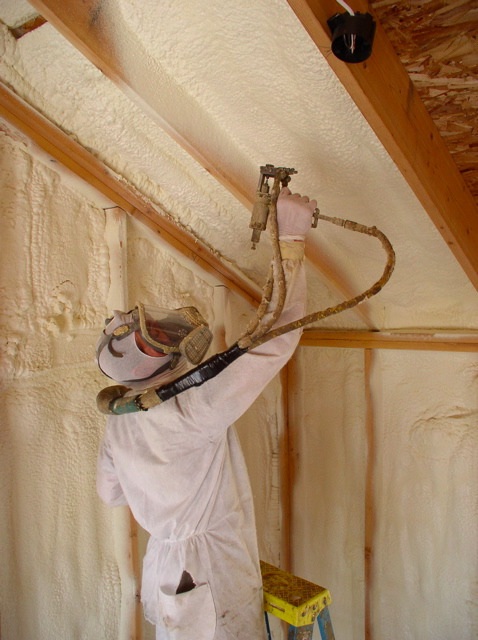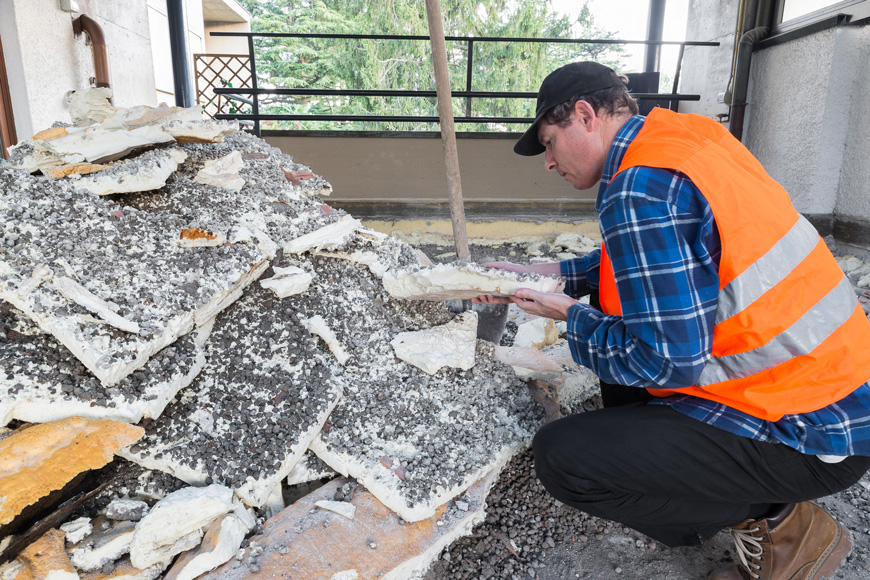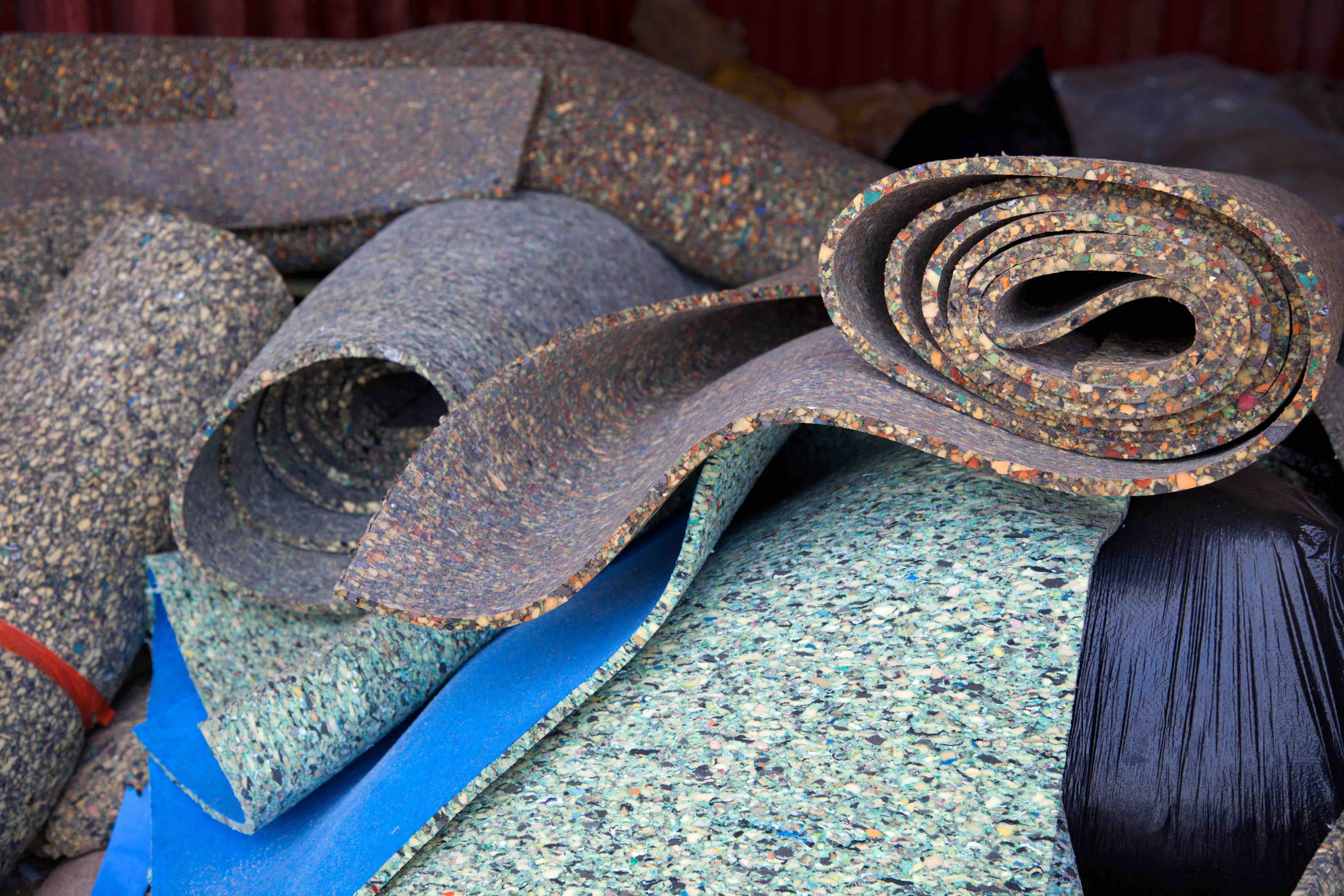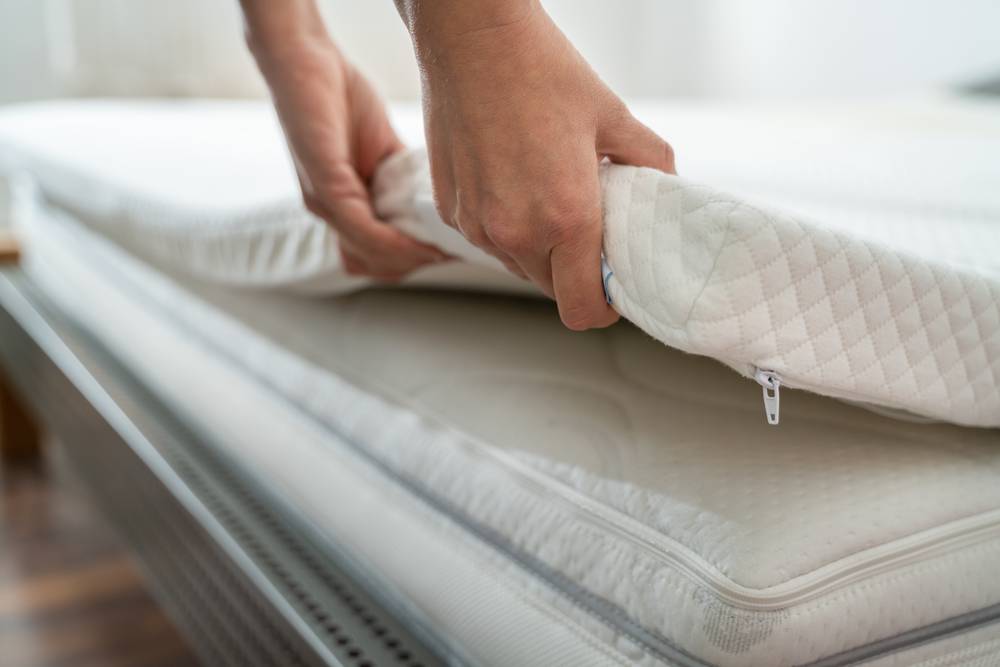Polyurethane Foam Mattress Toxicity: What You Need to Know
If you're in the market for a new mattress, chances are you've come across polyurethane foam mattresses. These types of mattresses have become increasingly popular in recent years due to their affordability and comfort. However, what many people don't realize is that polyurethane foam mattresses can also be toxic to your health and the environment. In this article, we'll dive into the top 10 things you need to know about the toxicity of polyurethane foam mattresses.
The Dangers of Polyurethane Foam Mattresses
Polyurethane foam mattresses are made from petroleum-based chemicals, which can release harmful volatile organic compounds (VOCs) into the air. These VOCs can cause a range of health problems, including respiratory issues, headaches, and even organ damage.
Understanding the Toxicity of Polyurethane Foam Mattresses
Polyurethane foam mattresses are known for their ability to trap heat, creating a warm and cozy sleeping environment. However, what many people don't realize is that the same chemicals that make the mattress heat-retaining can also be toxic. These chemicals, such as formaldehyde and benzene, can off-gas and be inhaled while you sleep.
How to Choose a Non-Toxic Polyurethane Foam Mattress
If you're concerned about the toxicity of your mattress, there are ways to choose a non-toxic polyurethane foam option. Look for mattresses that are certified by independent organizations, such as CertiPUR-US, which ensures that the mattress is made without harmful chemicals. You can also opt for organic or natural mattresses made from materials such as organic cotton or natural latex.
The Truth About Polyurethane Foam Mattress Chemicals
One of the main chemicals used in polyurethane foam mattresses is polybrominated diphenyl ethers (PBDEs), which are flame retardants. While these chemicals are meant to keep the mattress from catching fire, they have been linked to hormone disruption, reproductive issues, and even cancer. It's important to note that PBDEs have been banned in many countries, but they may still be used in some mattresses.
Eco-Friendly Alternatives to Polyurethane Foam Mattresses
If you're looking to avoid the toxicity of polyurethane foam mattresses altogether, there are plenty of eco-friendly alternatives to choose from. Natural latex mattresses, for example, are made from the sap of rubber trees and are free from harmful chemicals. Wool and cotton mattresses are also great options as they are naturally flame-resistant and don't require the use of chemical flame retardants.
The Health Risks of Sleeping on a Polyurethane Foam Mattress
In addition to the potential for off-gassing and exposure to harmful chemicals, sleeping on a polyurethane foam mattress can also impact your health in other ways. The heat-trapping nature of these mattresses can lead to increased sweating and discomfort, which can disrupt your sleep and lead to other health issues such as back pain and headaches.
How to Avoid Toxic Polyurethane Foam Mattresses
One of the best ways to avoid toxic polyurethane foam mattresses is to do your research before making a purchase. Look for certifications and read reviews from other customers to get a better understanding of the materials used in the mattress. You can also consider purchasing a mattress made from natural or organic materials to minimize your exposure to harmful chemicals.
The Environmental Impact of Polyurethane Foam Mattresses
The production and disposal of polyurethane foam mattresses also have a significant impact on the environment. These mattresses are not biodegradable and can take hundreds of years to break down in landfills. Additionally, the production process releases harmful chemicals into the environment, contributing to air and water pollution.
Non-Toxic Polyurethane Foam Mattress Brands to Consider
If you're still interested in purchasing a polyurethane foam mattress, there are some non-toxic brands to consider. These include Avocado Green Mattress, which uses organic and natural materials, and PlushBeds, which offers a certified non-toxic memory foam option. It's always best to do your research and choose a brand that prioritizes the use of safe and eco-friendly materials.
In conclusion, while polyurethane foam mattresses may seem like a comfortable and affordable option, they come with potential health risks and environmental impacts. By understanding the toxicity of these mattresses and choosing non-toxic alternatives, you can ensure a safer and more sustainable sleep environment for yourself and the planet.
The Harmful Effects of Polyurethane Foam Mattresses on Your Health
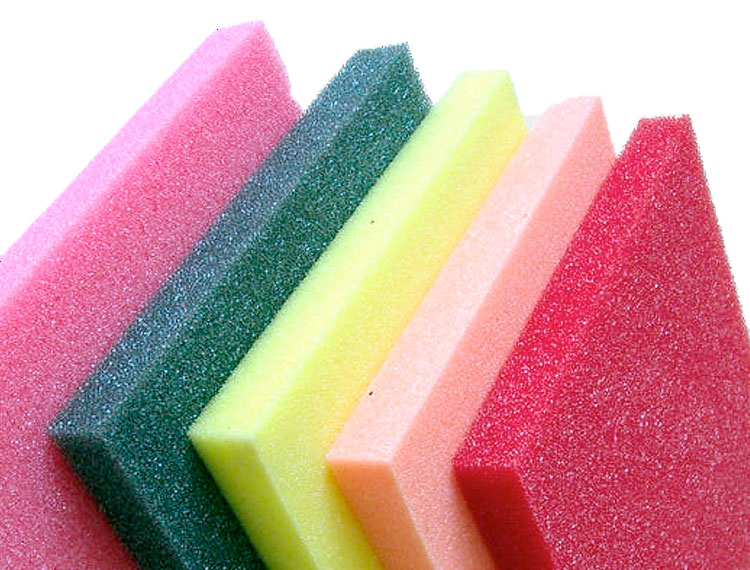
What is Polyurethane Foam?
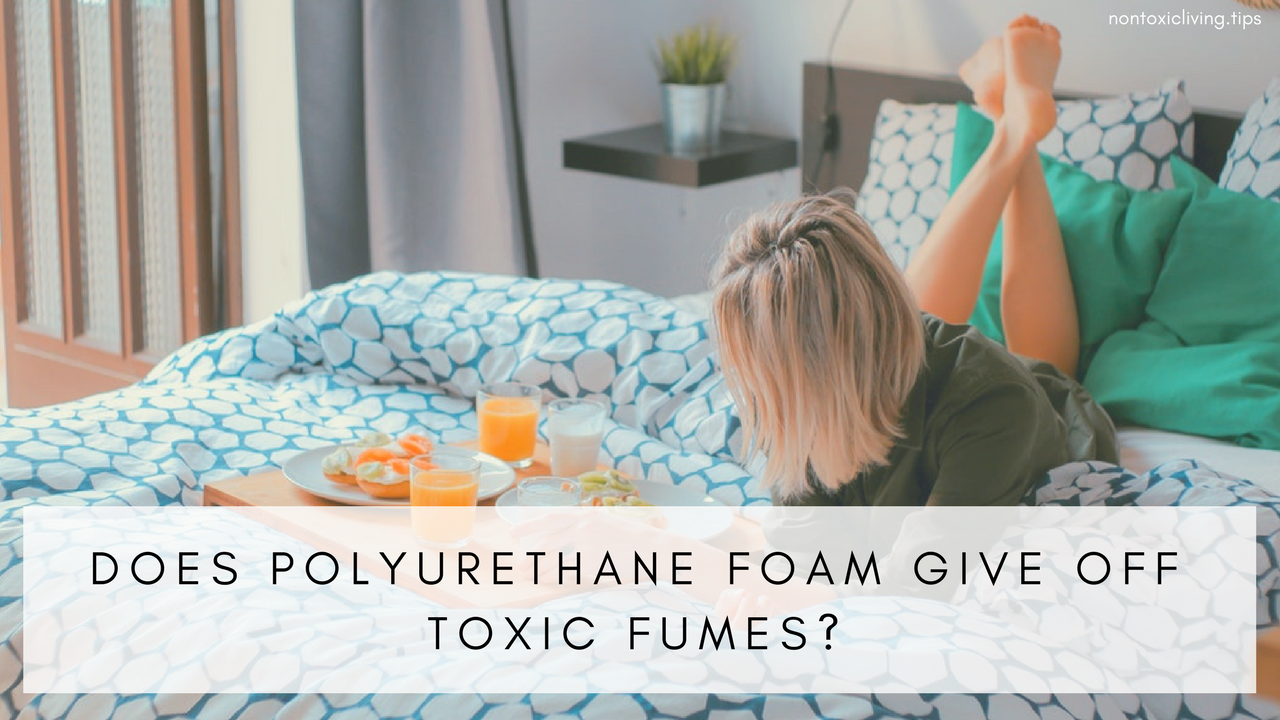 Polyurethane foam is a type of synthetic material commonly used in the production of household items, including mattresses. It is made from a combination of chemicals, such as polyols and diisocyanates, which are known to release toxic gases and particles. These chemicals can be harmful to both the environment and human health.
Polyurethane foam mattresses
have gained popularity in recent years due to their affordable prices and comfort. However, what many people do not realize is that they may be putting their health at risk by sleeping on these mattresses.
Polyurethane foam is a type of synthetic material commonly used in the production of household items, including mattresses. It is made from a combination of chemicals, such as polyols and diisocyanates, which are known to release toxic gases and particles. These chemicals can be harmful to both the environment and human health.
Polyurethane foam mattresses
have gained popularity in recent years due to their affordable prices and comfort. However, what many people do not realize is that they may be putting their health at risk by sleeping on these mattresses.
The Toxic Chemicals in Polyurethane Foam Mattresses
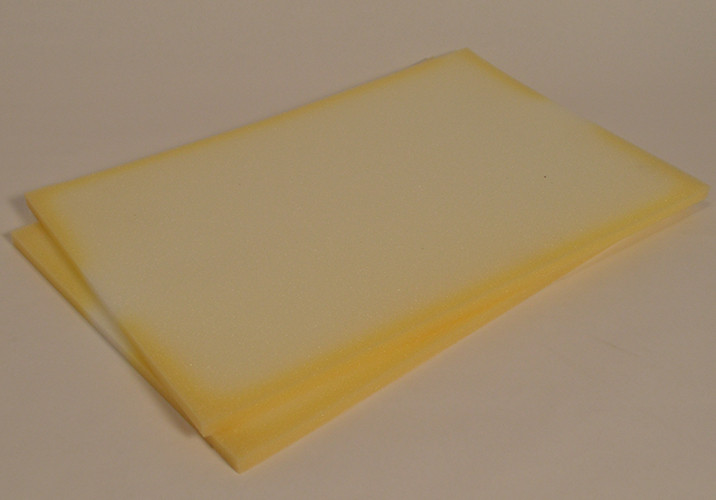 One of the main concerns with
polyurethane foam mattresses
is the release of volatile organic compounds (VOCs). These are chemicals that can evaporate at room temperature and are known to cause various health issues. Some of the common VOCs found in polyurethane foam include benzene, formaldehyde, and toluene.
Exposure to these chemicals can lead to respiratory problems, such as asthma and allergies. They can also irritate the eyes, nose, and throat, and cause headaches, dizziness, and fatigue. Long-term exposure to these chemicals has been linked to more serious health issues, including cancer and reproductive disorders.
One of the main concerns with
polyurethane foam mattresses
is the release of volatile organic compounds (VOCs). These are chemicals that can evaporate at room temperature and are known to cause various health issues. Some of the common VOCs found in polyurethane foam include benzene, formaldehyde, and toluene.
Exposure to these chemicals can lead to respiratory problems, such as asthma and allergies. They can also irritate the eyes, nose, and throat, and cause headaches, dizziness, and fatigue. Long-term exposure to these chemicals has been linked to more serious health issues, including cancer and reproductive disorders.
The Environmental Impact of Polyurethane Foam Mattresses
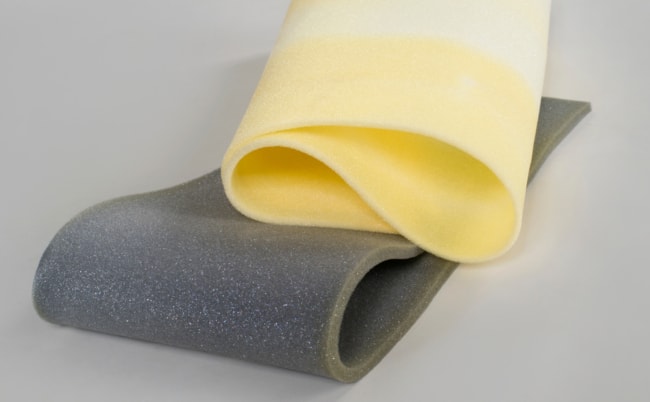 Aside from the negative effects on human health,
polyurethane foam mattresses
also have a significant impact on the environment. The production of these mattresses requires the use of fossil fuels, which contribute to air pollution and climate change. In addition, the disposal of these mattresses is a major issue, as they do not decompose and can release toxic chemicals into the soil and water.
Aside from the negative effects on human health,
polyurethane foam mattresses
also have a significant impact on the environment. The production of these mattresses requires the use of fossil fuels, which contribute to air pollution and climate change. In addition, the disposal of these mattresses is a major issue, as they do not decompose and can release toxic chemicals into the soil and water.
What Are the Alternatives?
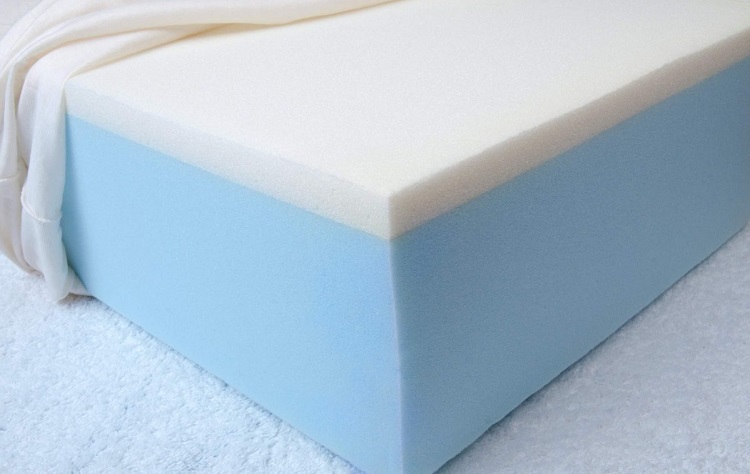 Fortunately, there are safer and more eco-friendly options for mattresses. Look for mattresses made from natural materials, such as organic cotton, wool, and natural latex. These materials are free from harmful chemicals and are biodegradable, making them a better choice for both your health and the environment.
In conclusion, while
polyurethane foam mattresses
may seem like a comfortable and affordable choice, they come with potential health risks and harm to the environment. It is important to be aware of the materials used in the products we bring into our homes and make more conscious choices for our well-being and the planet. Consider switching to a more natural and sustainable mattress for a healthier and greener sleep.
Fortunately, there are safer and more eco-friendly options for mattresses. Look for mattresses made from natural materials, such as organic cotton, wool, and natural latex. These materials are free from harmful chemicals and are biodegradable, making them a better choice for both your health and the environment.
In conclusion, while
polyurethane foam mattresses
may seem like a comfortable and affordable choice, they come with potential health risks and harm to the environment. It is important to be aware of the materials used in the products we bring into our homes and make more conscious choices for our well-being and the planet. Consider switching to a more natural and sustainable mattress for a healthier and greener sleep.



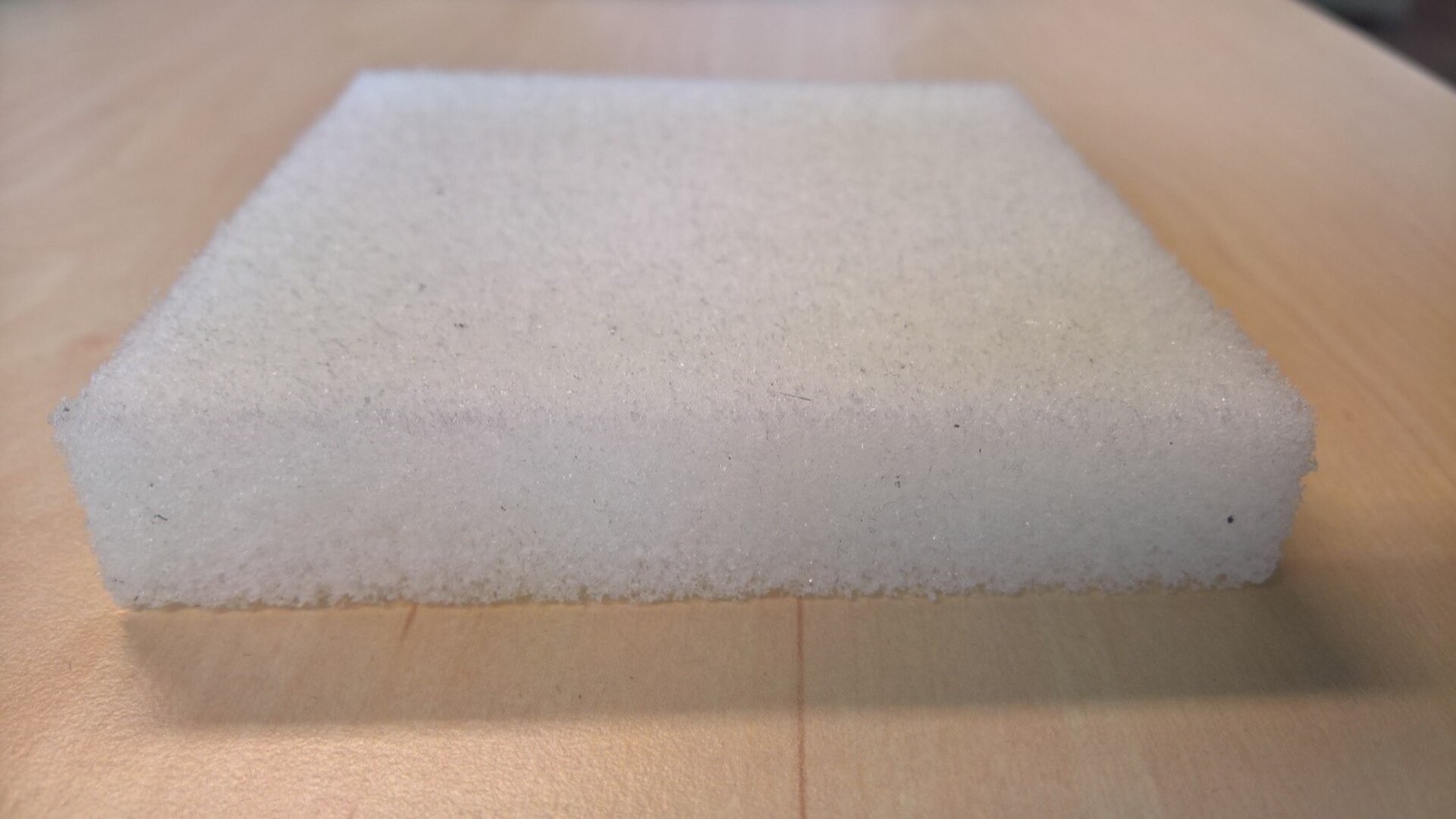


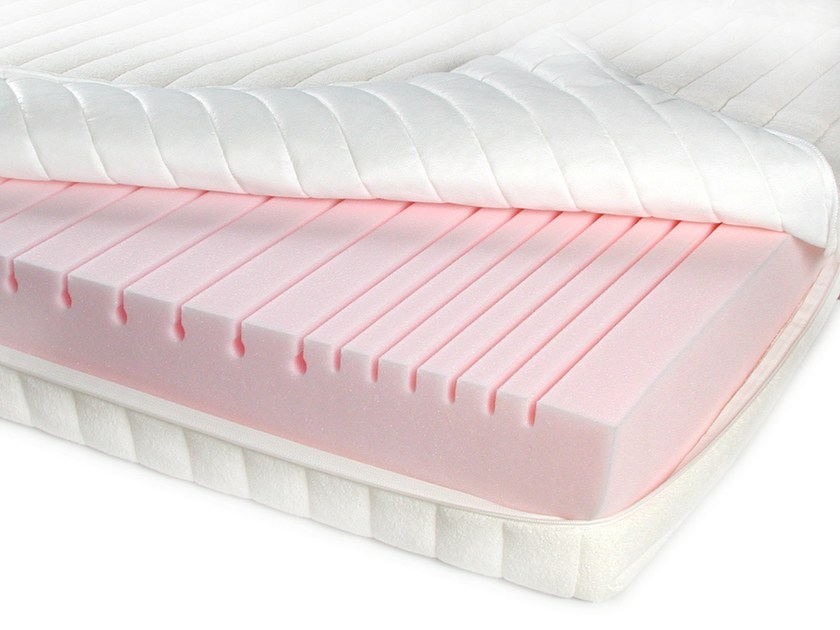

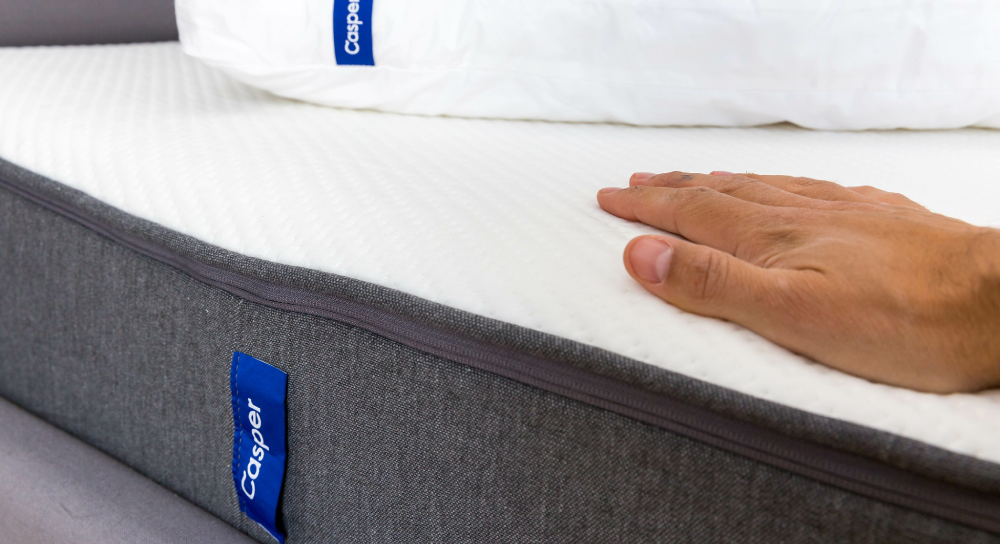



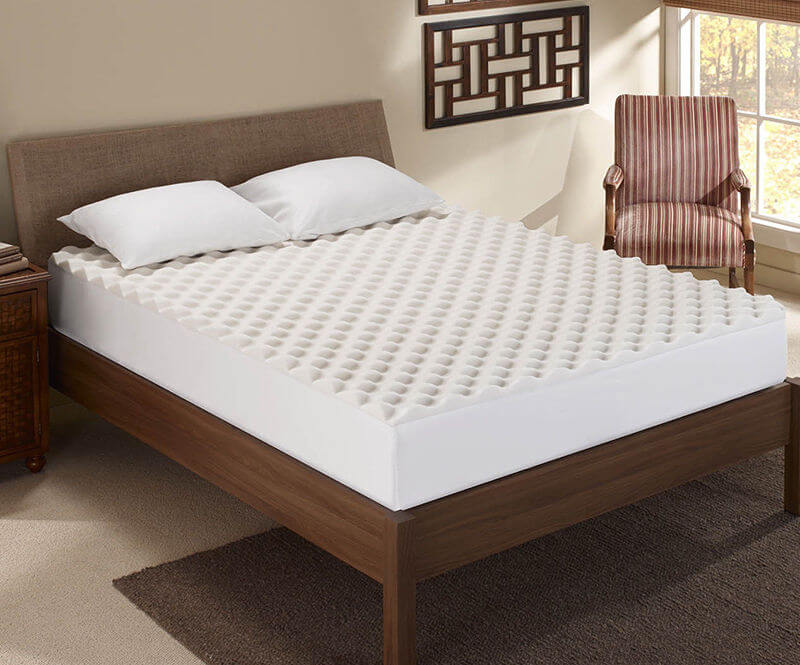



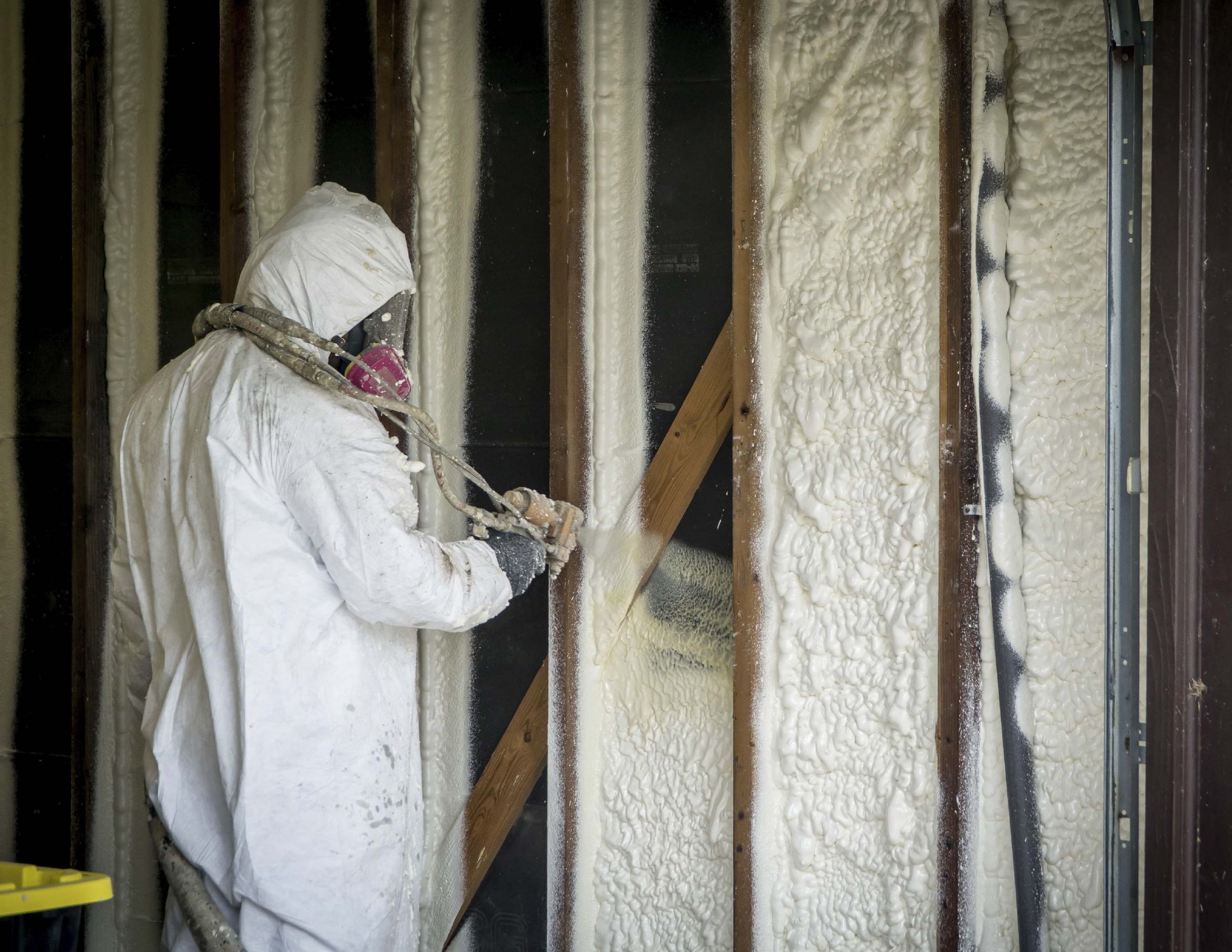








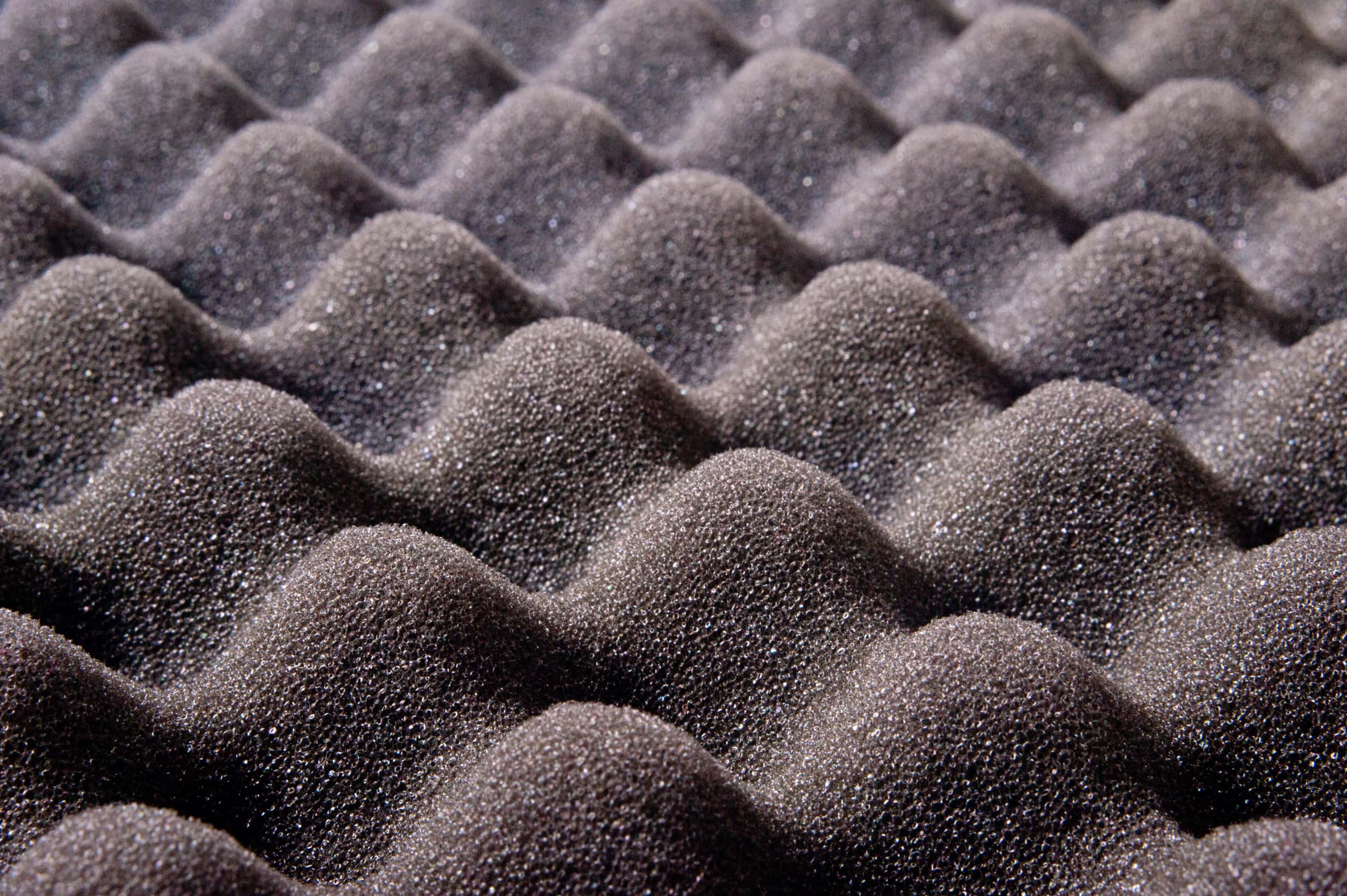


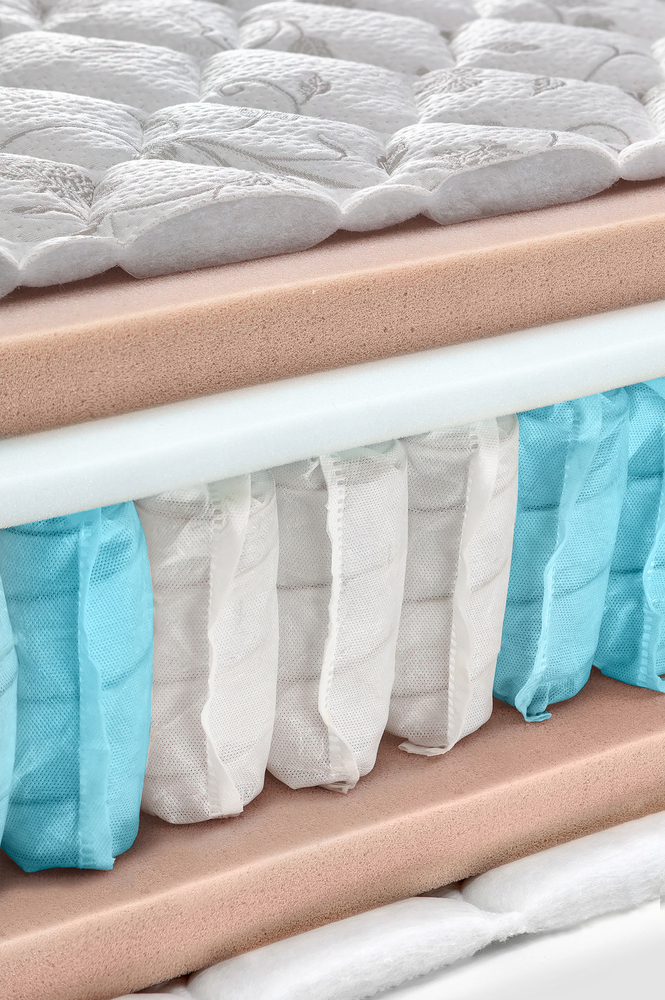
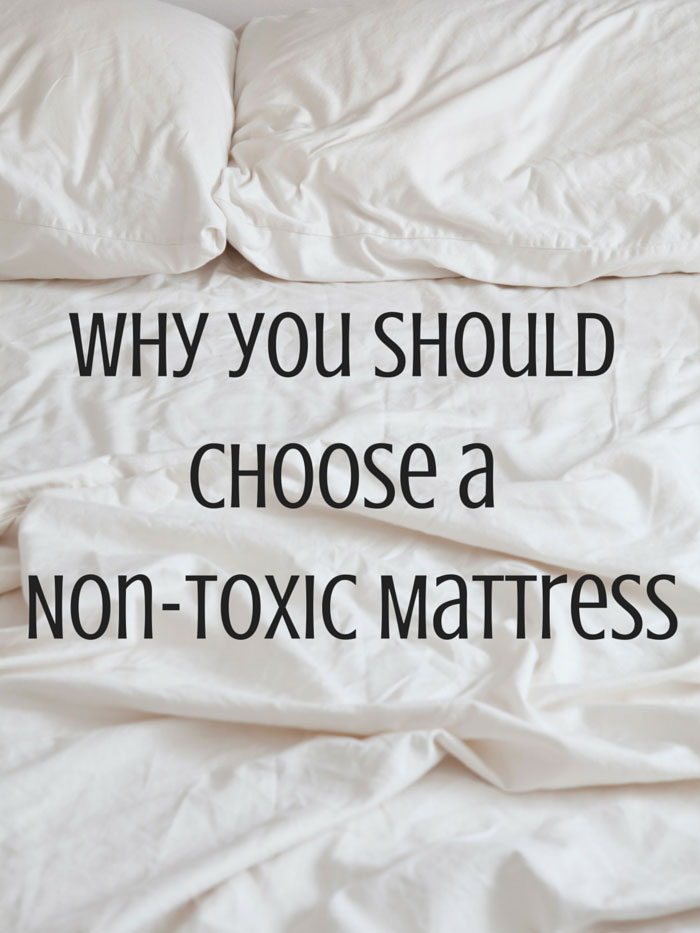

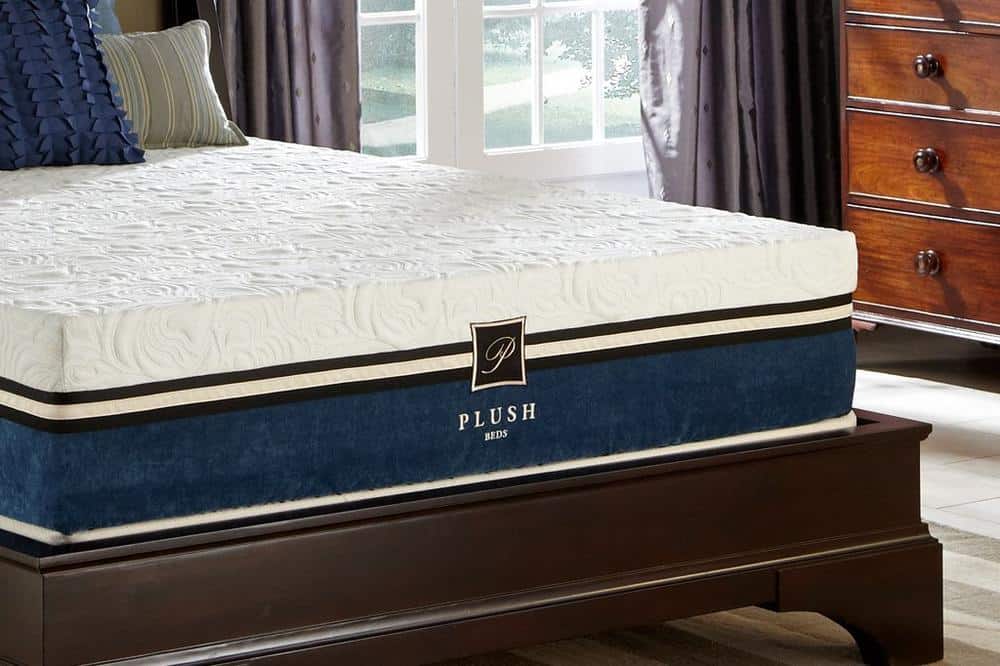
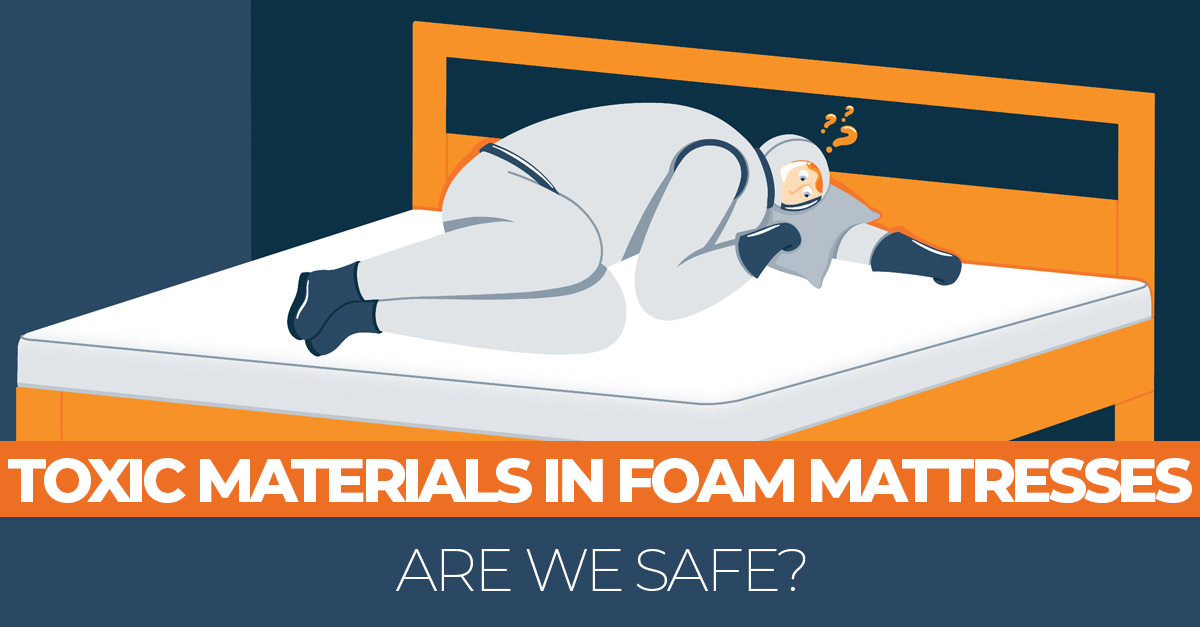








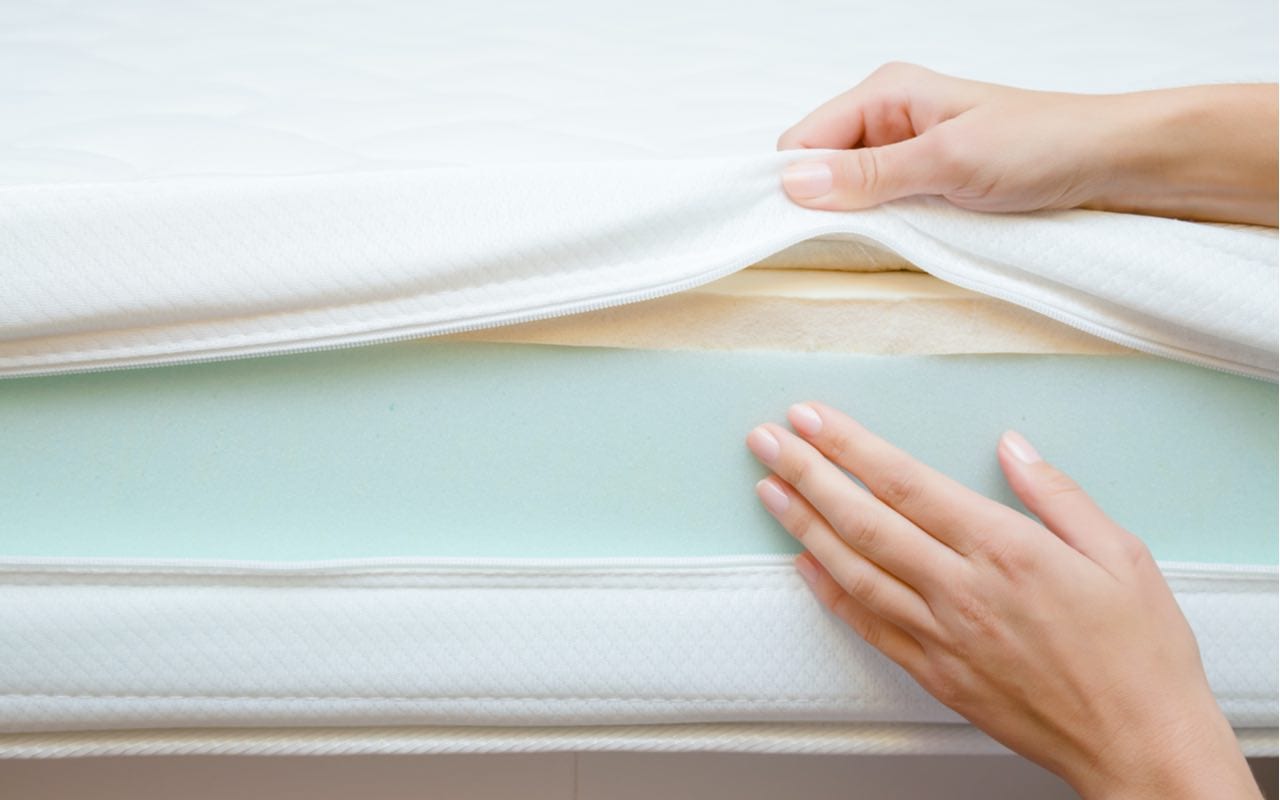



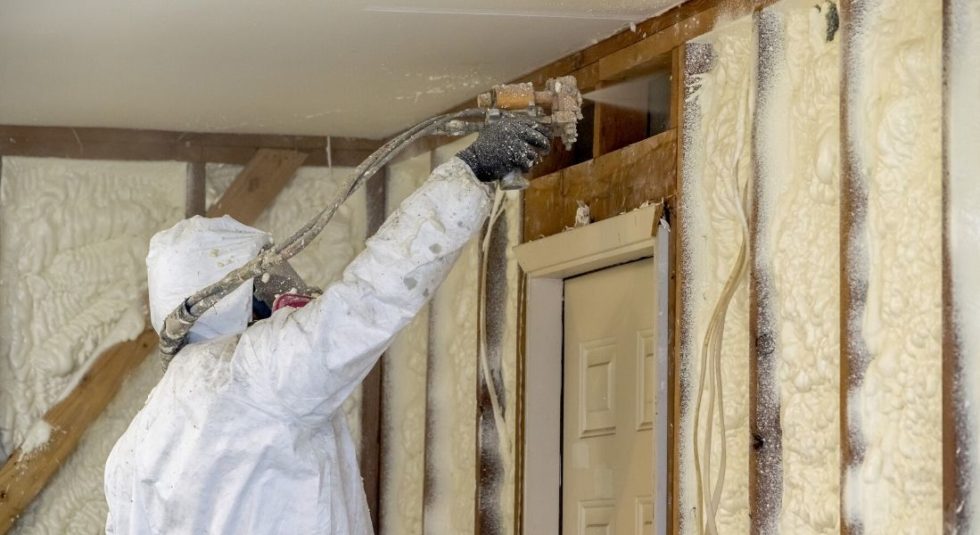



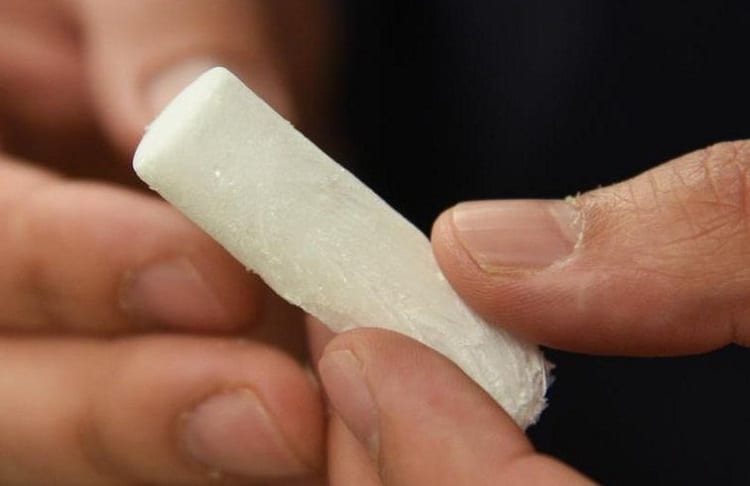

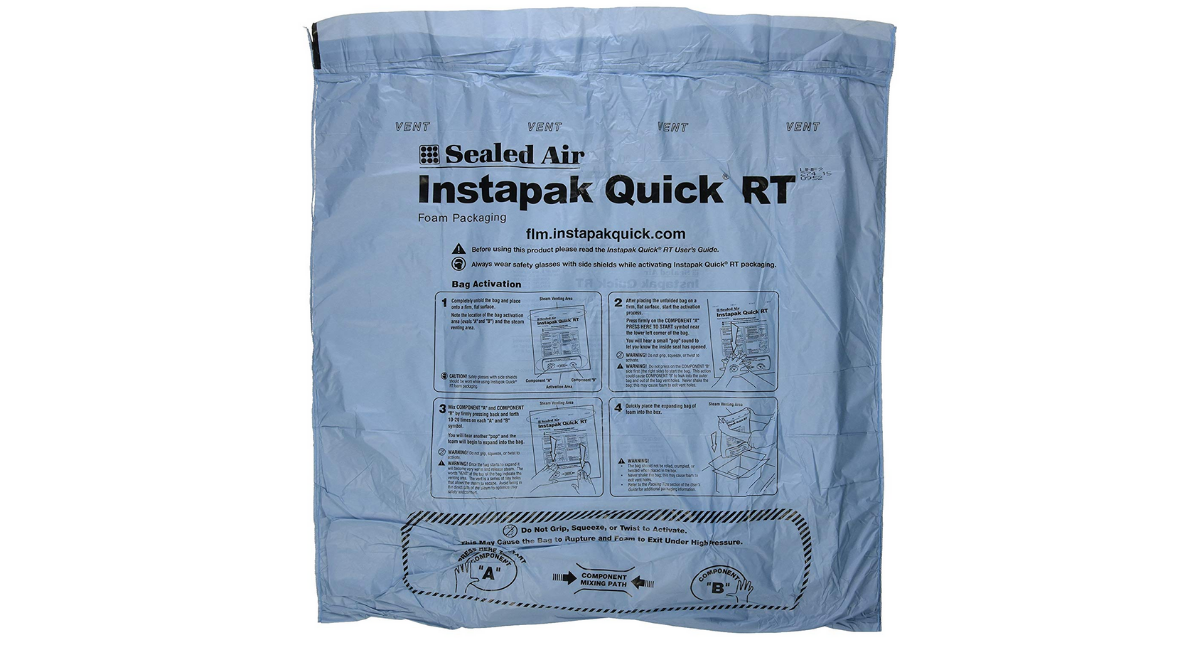





:max_bytes(150000):strip_icc()/what-are-the-symptoms-of-sleep-deprivation-3015161_color4-5b42c4ddc9e77c00374089b8.png)















